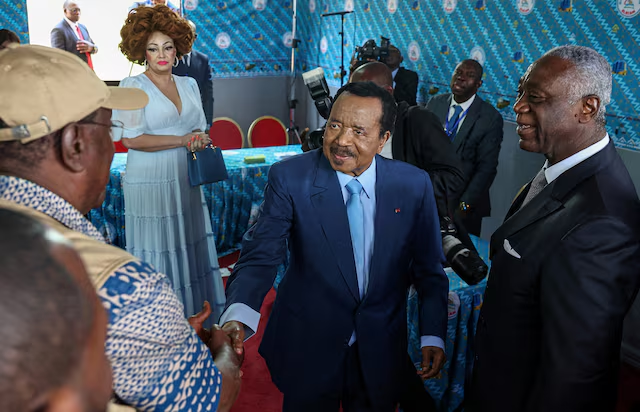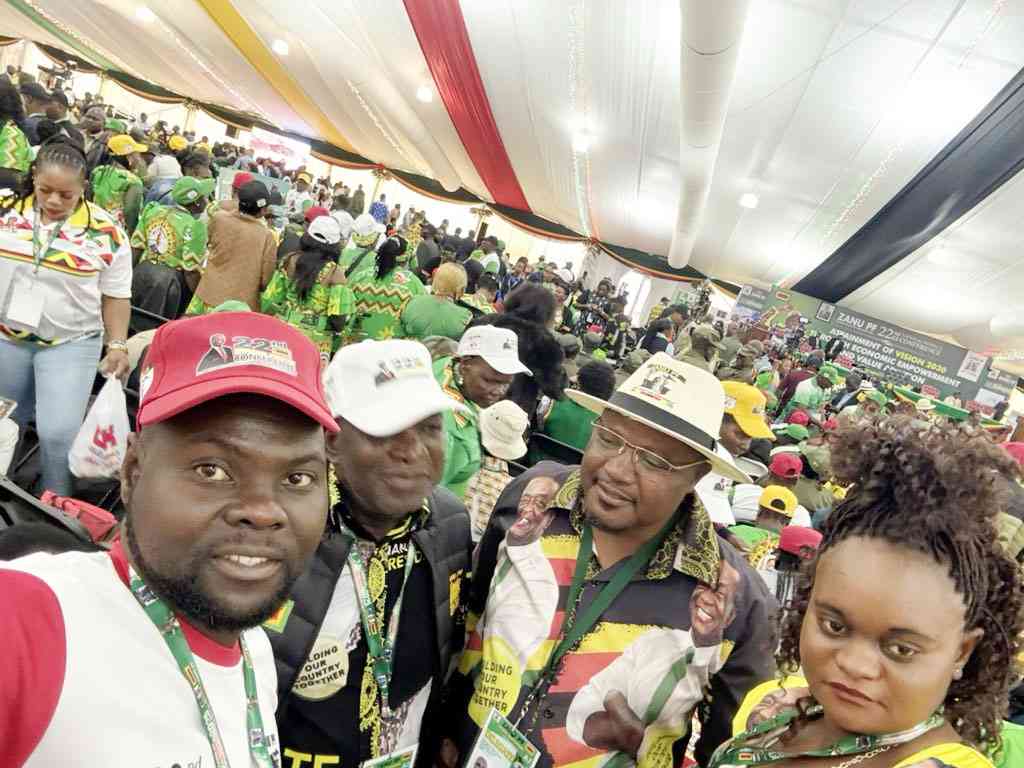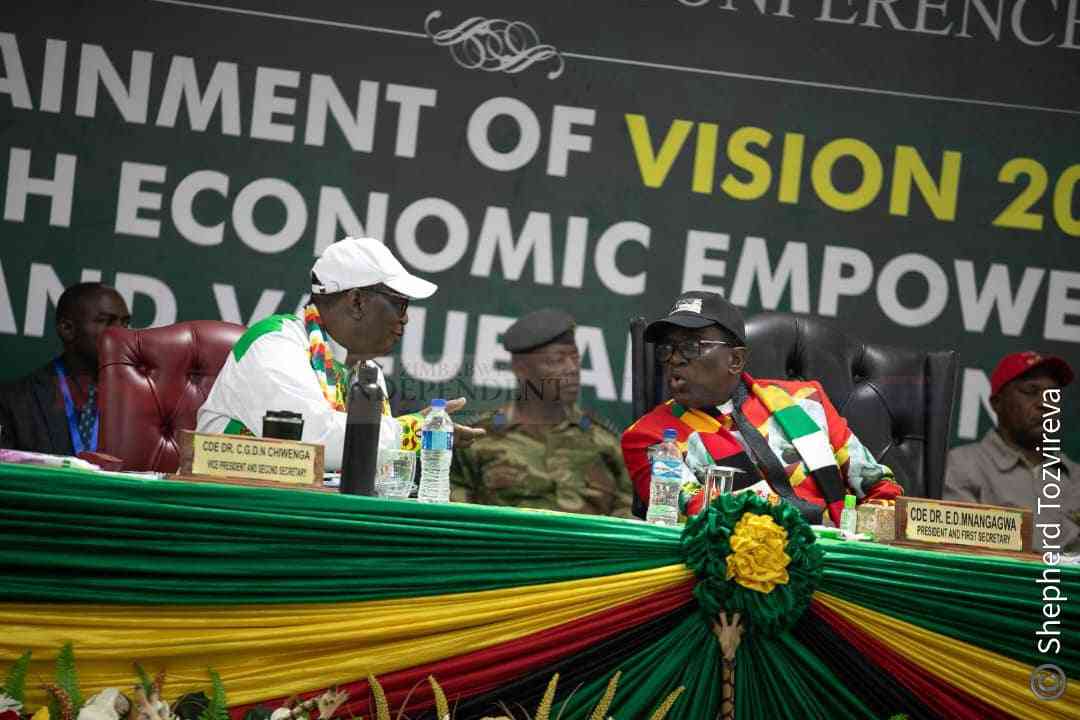
Zimbabwean consumers have spoken. They don’t hate local products, they just consider price and quality as the two most critical determinants for their product choices.
Perhaps this should not come as a surprise. It is generally accepted that Zimbabwe is a high-cost environment.
For starters we use the United States dollar, which is the strongest currency in the world.
Even the government has also accepted that our regulatory fees are high.
The history of hyperinflation and currency changes messed with our economic sense.
When we price most goods , we are always trying to manage an uncertain tomorrow. So we add a little layer just in case things go wrong.
Sadly, the pricing gymnastics have created havoc in industry. Smugglers are having a field day as they bring products that are seen as less pricey. We have also seen a proliferation of fake products.
According to a survey commissioned by Buy Zimbabwe early this year, consumers, most of whom have low disposable incomes, place issues of customer service, brand loyalty, advertising and packaging way low in the perking order of considerations when they choose a product to buy.
- We love local but price matters
Keep Reading
The statistics are sobering as 79% and 72% of respondents cited price and quality respectively as their top considerations. Customer service was cited by 36,5 % of respondents, while 23% chose product availability. The least important considerations were advertising and marketing at 4% and packaging with 2,6%.
It is said the best way of explaining something, is to say what is not being said.
Consumers are not saying the other factors do not matter. They surely do. However, the best customer service on a poorly priced and poor quality product is unlikely to sway them your way.
You also need to advertise a product with a good price tag as the first consideration. The same applies to packaging.
This is akin to the old popular song “no romance without finance”. There is a perking order to consumer choice.
The implications for locally produced goods and services and the Buy Zimbabwe campaign are massive.
Our campaign has been based on two considerations. On the one hand , is an economic argument advocating for buying locally as a means of increasing multiplier effects of a scarce US dollars.
Since dollarisation in 2009, Zimbabwe has operated with an average US$2 billion trade imbalance.
The United States dollar has made it easier for both individuals and corporates to access imported products from any place around the world.
This has become a major disincentive for buying locally produced goods which are generally more expensive.
The downside of this is that most companies especially those in high end goods and industrials have had little choice other than to close shop.
As this has happened jobs have been lost while the informal sector has grown to an estimated 70% of economic activity.
All this has worsened economic performance and turned the country into a nation of traders where wealth is concentrated among a few.
Buy Zimbabwe has argued that unless we put country first, the loss of jobs will continue, poverty rise and competitiveness worsen.
The economic argument has been supported by emotional appeal. We have sought to persuade those who love their country to put it first in their buying decisions.
It is a fact that nations with high brand value intentionally seek products from their own communities.
When Donald Trump imposed tariffs on Canadian products, the Buy Canada campaign took off like a rocket as “Made in USA” products were boycotted.
Elon Musk’s Tesla is now singing the blues simply because many in the USA disagree with his political views.
It is known that consumers are not necessarily rational in their economic decisions. Many times they choose a product because they love how it is created and by whom.
Armed with the economic and emotional appeal, Buy Zimbabwe has been on the road for over 10 years seeking to change consumer buying choices.
The research results from an own commissioned study demand a need to tweak our strategies.
We must realise that macroeconomic arguments and emotional appeals work in the main when other factors are closely aligned.
If prices between locally produced goods and imports are not too divergent customers could perhaps look the other way round. If disposable incomes are not too low, consumers can afford to sacrifice price for bigger goals. After all, rationality never goes away. It just becomes bounded.
The message to Buy Zimbabwe is clear. Push for some level of competitiveness for consumers to shift from imported products to the locally produced ones.
The challenge is that the desire for competitiveness is not a one-day wonder.
The short term solution is public procurement. The government is the main buyer and can afford to look the other way for the greater good.
In Zimbabwe the current laws and regulations mandate the preference of local suppliers even if their pricing is higher by up to 30%of foreign suppliers.
While this is progressive , without qualification this has resulted in brief case businessmen and women with no interest in producing locally.
Worse still it has resulted in collusion between the same foreign suppliers and local procurement agents only at a higher price.
Surely the interest of government could not have been to enrich a few individuals. Rather, it should be to use public procurement as a tool for industrialisation.
This comes with ensuring that beneficiaries of public tenders use local inputs and labour.
As that happens local manufacturers are able to retool, grow their market and in time enhance their competitiveness .
At that point advocating for buying local will cease to be a campaign that seems cut off from local realities.
In case we are sounding a little beaten by our own findings, there is some shining light.
A number of companies in Zimbabwe have forged ahead.
They have understood the need for price and quality leadership.
They have understood that in this global village , it is necessary to benchmark against imports. Those that have done so have been positively rewarded by the market.
In the Buy Zimbabwe ZimBrands Awards to be held on the May 30 in Harare, only these will merit recognition.
*Munyaradzi Hwengwere is the Buy Zimbabwe chairman and CEO.











